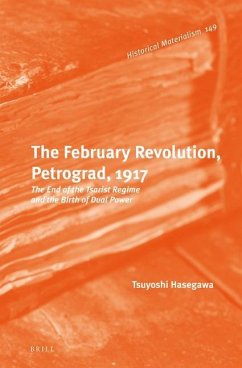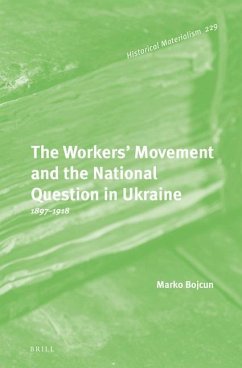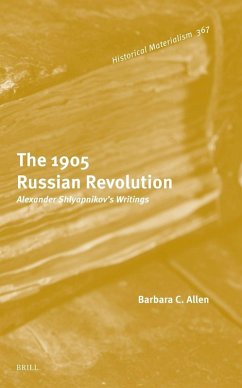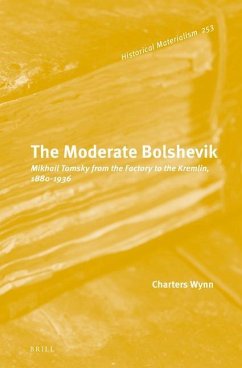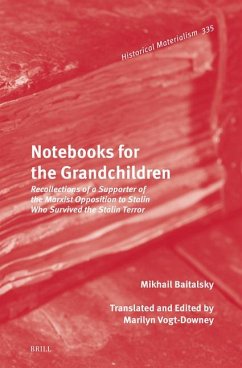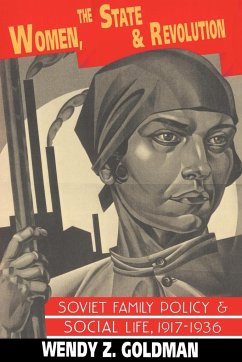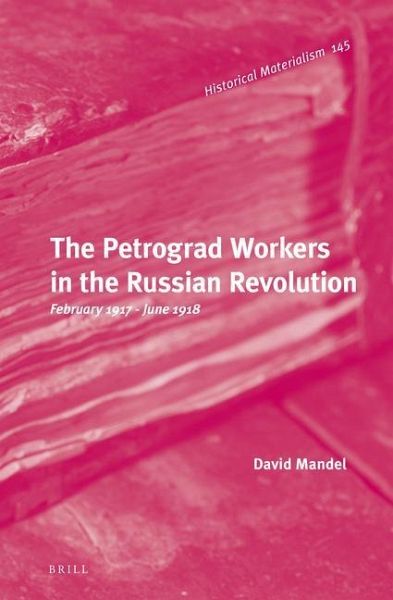
The Petrograd Workers in the Russian Revolution
February 1917-June 1918
Versandkostenfrei!
Versandfertig in über 4 Wochen
159,99 €
inkl. MwSt.
Weitere Ausgaben:

PAYBACK Punkte
80 °P sammeln!
The Petrograd Workers in the Russian Revolution is a study of revolution 'from below', from the industrial districts of Russia's capital. It allows the workers speak for themselves, as conscious, creative subjects of the revolutionary process.



